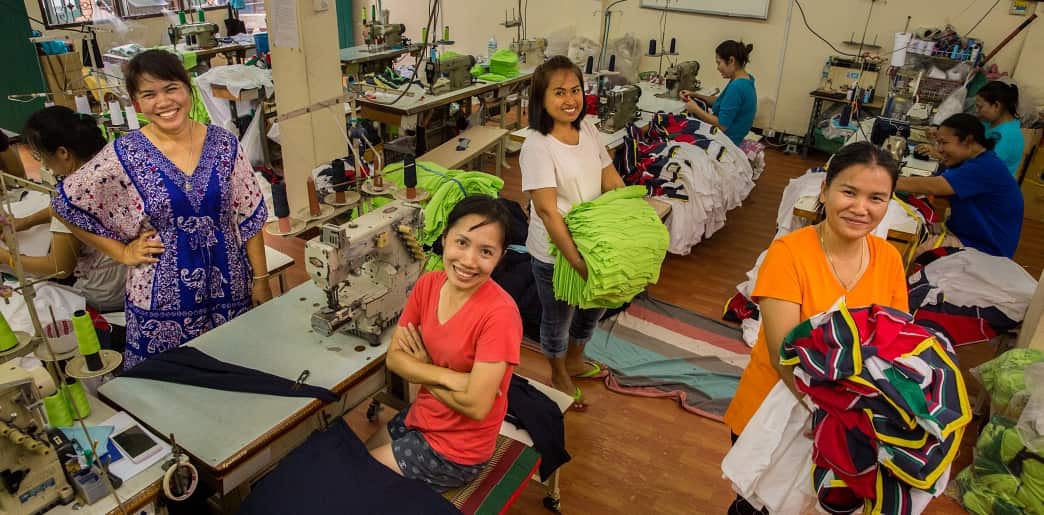Law is an essential tool in improving livelihoods and lives. But legal and regulatory frameworks are designed for the formal economy. Too often, they fail to protect and support informal workers. Instead, legislation and law enforcement too often criminalize informal workers’ livelihood activities.
Informal workers – like all workers – require a regulatory framework that protects their rights in the workplace, balances the needs of all stakeholders, and promotes a climate of stability and security. An appropriate legal framework can encourage economic development, allowing informal workers to achieve their full potential as workers and, often, as micro-entrepreneurs.
Administrative Justice
Many challenges that informal workers face are the result of decisions made by local government authorities, who control public space and access to waste and land. Known as administrative decisions, these have far-reaching impacts on the workers' livelihoods. WIEGO’s Law Programme started the Administrative Justice project in 2017 to equip informal street vendors and waste pickers to advocate effectively for their rights. Learn more about the Administrative Justice Project.
Legal Resource Portal
WIEGO has compiled a repository of information and resources on law and the informal economy, grouped by category, to improve access to information and resources for workers, membership-based organizations (MBOs), researchers, policymakers and lawyers. Use this website's Advanced Search Feature to find:
Publications on law and informality
Local, national and international laws relevant to informal workers - You can refine your search by country and even city, or by occupational group, by using the advanced search function.
Resources on law and informal workers (newsletters, videos, and educational materials)
Law and Informality Project – 2006-2013
In 2006, WIEGO instituted a global project on law and the informal economy with pilot programmes in India and Columbia. The project’s objectives were to deepen our understanding of how law – or the absence of legislation – affects informal workers, and to build the capacity of women informal worker leaders to engage in advocacy and negotiation for legal change. After pilots in India and Colombia, we worked with membership-based organizations of informal women workers in Ghana, Peru and Thailand between 2010 and 2013, and in India and South Africa in 2014. See Country Reports and a Final Report on the project.
In October 2015, WIEGO established a dedicated Law Programme, which builds on the work completed under the law project.
This microsite offers access to laws, cases and policies relating to the informal economy. Please note: WIEGO does not claim that these resources represent best practice models, unless expressly stated.
